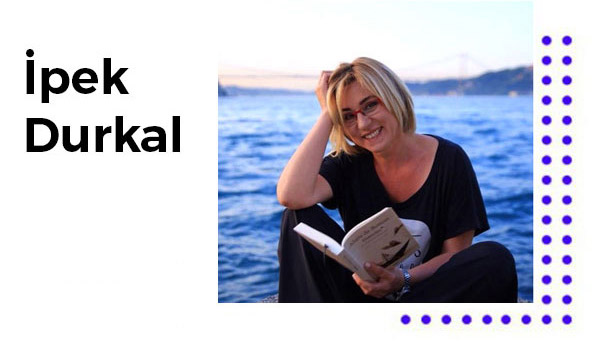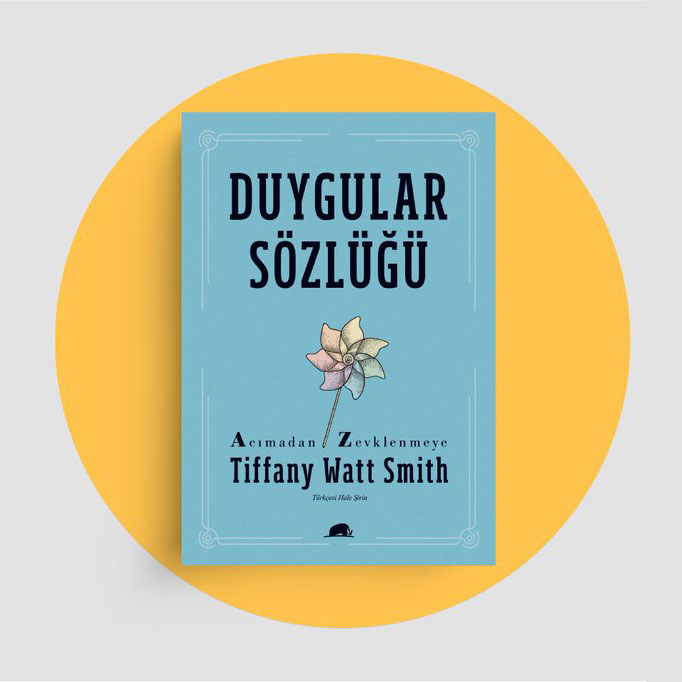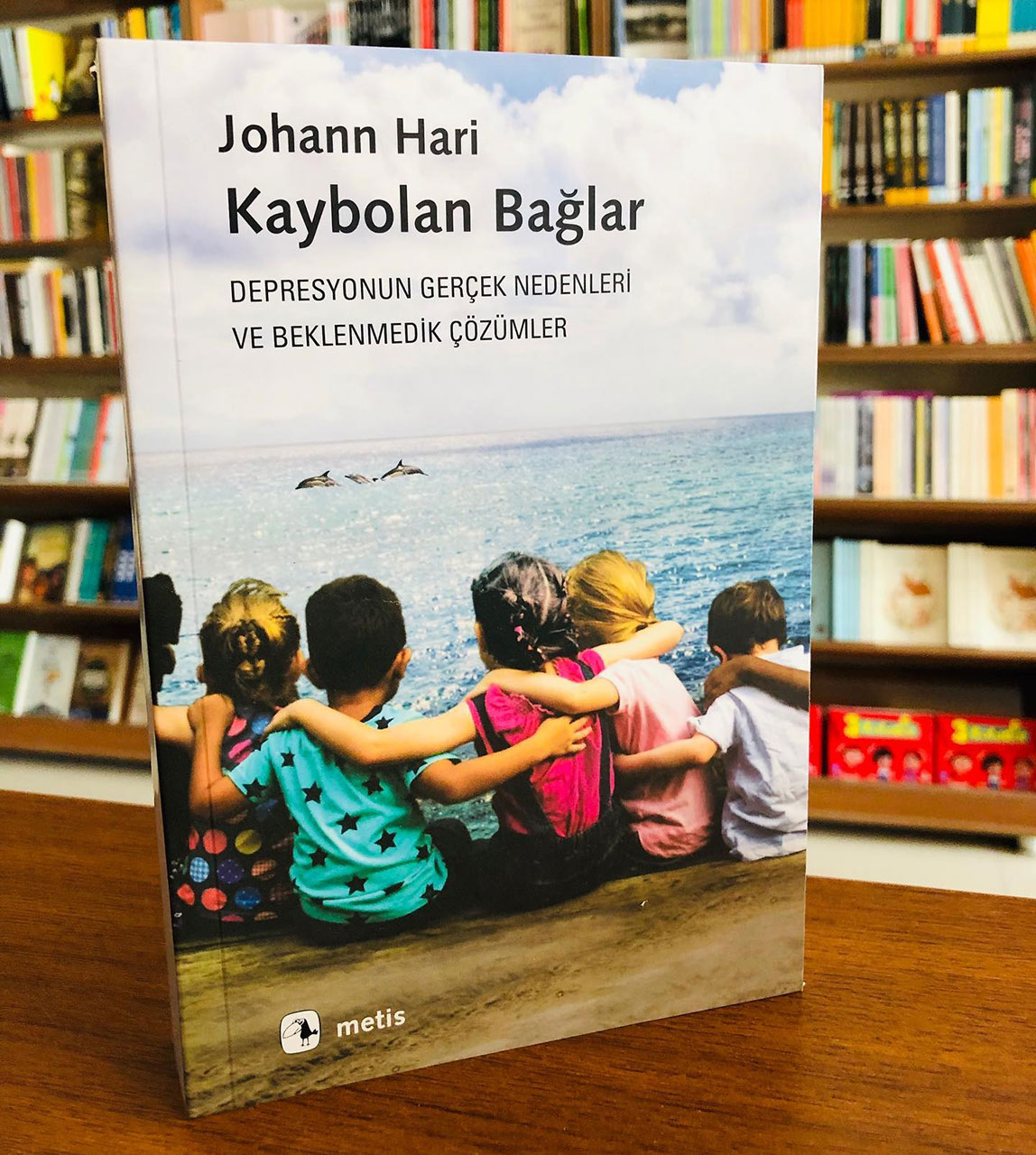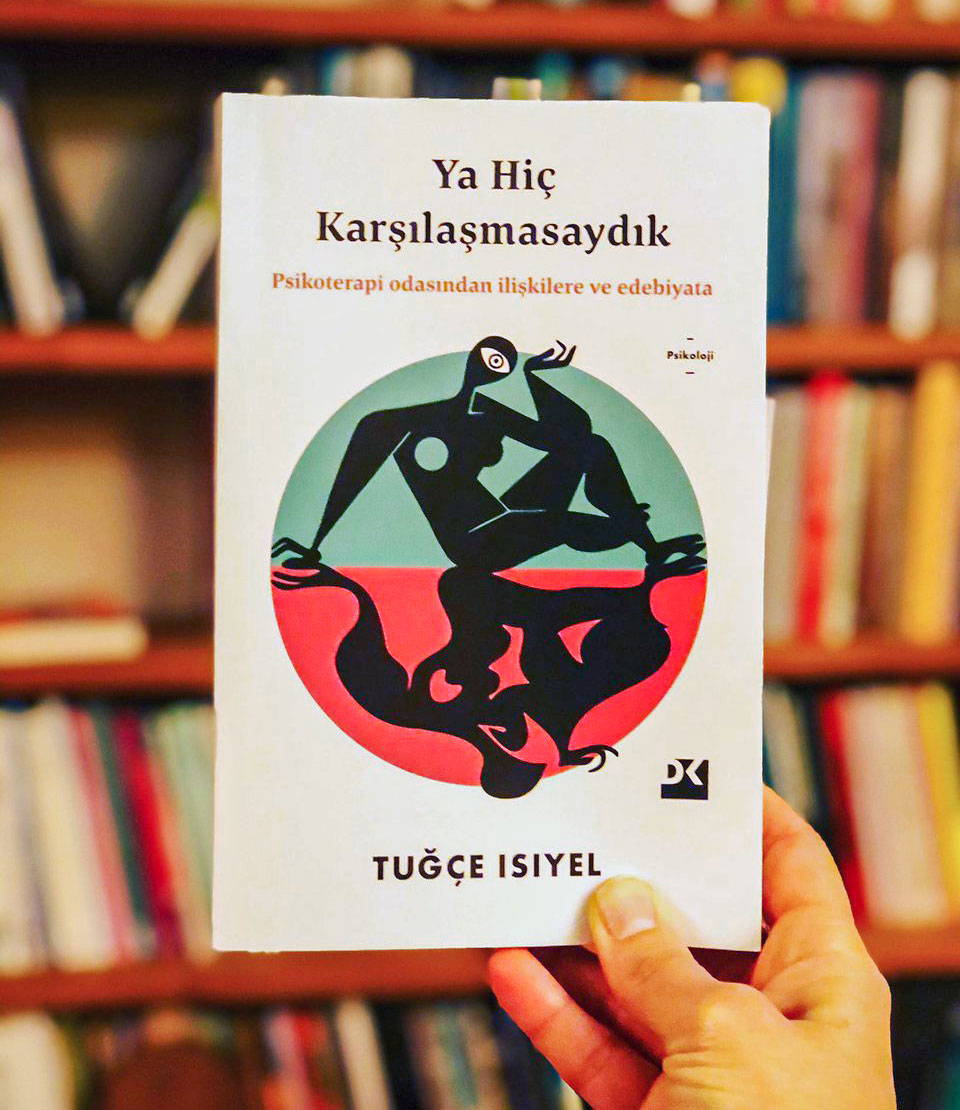
We start worrying all of a sudden. Actually, we have sadness in our souls, but it’s not really precisely that. Or we are suddenly taken over by happiness, for no reason at all.These are only a few of the emotions we can randomly get every moment in every day.
Of course, we don’t believe that anger is brought by a sick wind, as the ancient Greek believed, or that boredom is put into our souls by malignant demons as the first Christians who lived in deserts believed. But there are still reasons to our emotions and we are not quite sure just how to name them.
Indeed, what exactly are you feeling right now?
The Book Of Human Emotions
The Book of Human Emotions, written by Tiffany Watt Smith, who made a career on the topic of emotions, defines 154 types of emotions from all corners and cultures of the world.
The Guardian’s take on the book is “… the urge to eliminate the uncertainty of emotions with the accuracy of words. It is fascinating to see the connection between emotions and language”.
It is indeed. For example I don’t like getting help from other people. I was thinking that my desire to stay away from gratitude had a play in it. Turns out that I was feeling “Greng Jai“. In Thailand, this is defined as “unwillingness to accept someone else’s help because you will be bothering them”.

Who doesn’t have a bit of a crazy side in them? Imagine that you are holding a very expensive cup. I bet every one of you at least once thought about the exhilarating feeling of flinging it down to the ground and watching it shred into a million pieces. According to the French sociologist Roger Caillois, the name of this momentary craze is “ilinx” and Caillois defines the emotion as “the odd excitement of aimless destruction”.
Why do our eyes fill with tears when we see a homeless person find a lost wallet and delivers it to its owner? The Japanese define this feeling as a mixture of pity and pride on behalf of someone else, and name it Ijirashi. This is a greatly respected feeling in Japan.
Say one of your friends always worked at better jobs than you did, but one day everything turned upside down. They called you and told you that they have been fired. You have comforted them and explained that you are sure they will find a better job soon. Indeed you are upset, but you also feel a sense of deep relaxation somewhere inside you. An illegitimate moment of pleasure… This is called “schadenfreude”. This compound noun, which in German consists of the words “Harm” and “Joy”, was described by the Greeks in its meaning as “feeling a sense of pleasure over evil”. The unexpected excitement we feel for the misfortune of others is a delicious and hidden human pleasure.
As you scroll through the pages of the book, you will gain an insight into different cultures of the world as well as emotions. For instance, for us Turks, it is unthinkable to go for the last bite on a plate we share with our friends. And Spaniards take that even more seriously. Taking that last bite is about dignity and honour. It is even a source of shame for the person taking it…
Maybe It Is Not You, But The People Around You?
We have become more aware of our feelings and emotions, but what about the most common disease of our age, depression? Most of the time, we keep our emotions pent up with antidepressants without understanding their cause. In his book Lost Connections, the British writer and journalist Johann Hari tells the story of his journey to find the underlying causes and possible solutions to depression which he has struggled with for many years, via examples, research studies and scientific results. People who feel that they get the message from the universe that they are worthless, those who feel that they have come the end of the road, or especially those who say: “My serotonin (happiness hormone) level is very low, so I cannot be happy” must definitely read the book. Perhaps, it is not our brains that drive us mad, as we are told. It is not you, but the people around you?

The Book About Confrontations Of All Kinds
Can we confess our feelings, confront ourselves or others? The psychotherapist Tugce Isiyel blends literature, philosophy and psychotherapy in her book “Ya Hic Karsilasmasaydik”. In her essays, she deals with all kinds of relationships that one has or has not established with themselves, their family, friends, lovers, spouses, children, places of residence and even their past.
Thanks to this book, I learned what a “diligent lay-about” I am. Isiyel says: “To keep doing things , to strive for things, to chase after things, creates the illusion that we can control the flow of life.”
And it is therefore, she believes, that we keep numerous alternatives at hand. So, sometimes, one needs to be a “diligent lay-about”. If you wonder what that is, let us hear it from Isiyel: “Being at one with all things before putting things at the centre of your life or let me put it this way, by putting life at the centre of things.. Existing without running towards the future, getting drowned in options, sacrificing oneself for relationships or in the pursuit of things and embracing confrontations that life throws at you”.



